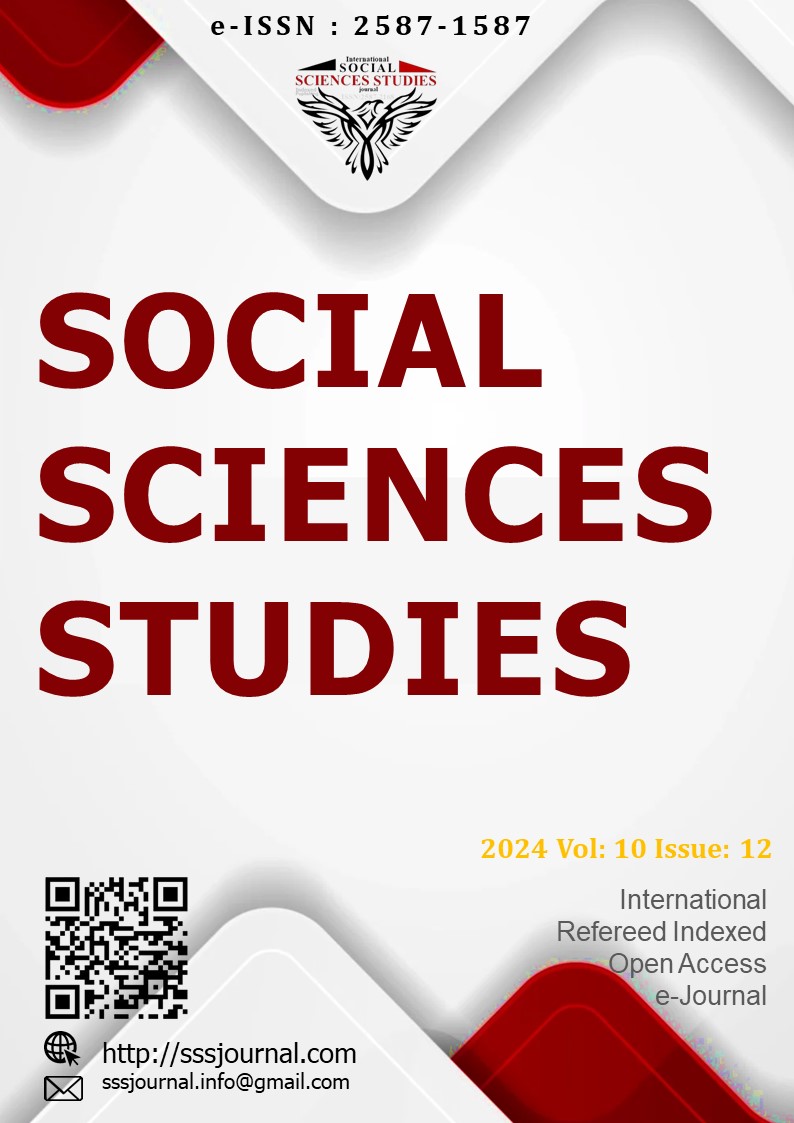Müzikle Matematik Öğretiminin 6.Sınıf Öğrencilerinin Matematik Tutumlarına, Özyeterlik Algılarına ve 21.Yy Becerilerine Etkisinin İncelenmesi
Author :
Abstract
Bu araştırma, müzikle matematik öğretiminin öğrencilerin matematik tutumları, özyeterlik algıları ve 21. yy becerileri üzerindeki etkisini incelemeyi amaçlamıştır. Çalışmada nicel araştırma modellerinden yarı deneysel araştırma yöntemi kullanılmıştır. Deney grubuna müzikle matematik öğretimi yapılırken kontrol grubuna ise matematik öğretim programında bulunan etkinliklerle matematik öğretimi yapılmıştır. Araştırma 2022-2023 eğitim-öğretim yılında Giresun ilinde bir ortaokulun 6. sınıflarında öğrenimine devam eden 39 öğrenci ile yürütülmüştür. Araştırma verileri Matematik Tutum, Matematik Özyeterlik Algısı ve Ortaokul Öğrencilerine Yönelik 21. yy Becerileri ölçekleri ile toplanmıştır. Araştırma verileri SPSS paket programıyla analiz edilerek değerlendirilmiştir. Araştırma sonunda, müzikle matematik öğretiminin deney grubu öğrencilerinin 21. yy becerilerinde istatistiksel açıdan anlamlı artış gözlenirken, öğrencilerin matematik tutumu ve özyeterlik algılarındaki artışlar istatistiksel açıdan anlamlı değildir. Deney ve kontrol grupları arasındaki fark puanlarına bakıldığında müzikle matematik öğretiminin matematik tutumu, matematik özyeterlik algısı ve 21. yy becerilerinde deney grubu öğrencilerinin son test puanı ortalamalarında artış olduğu görülmüştür
Keywords
Abstract
|
This research aimed to examine the effect of teaching mathematics with music on students' mathematics attitudes, self-efficacy perceptions and 21st century skills. In the study, semi-experimental research method, one of the quantitative research models, was used. While the experimental group was taught mathematics with music, the control group was taught mathematics with the activities in the mathematics curriculum. The research was conducted with 39 students studying in the 6th grade of a secondary school in Giresun in the 2022-2023 academic year. Research data were collected with the Mathematics Attitude, Mathematics Self-Efficacy Perception and 21st Century Skills for Secondary School Students scales. The research data were analyzed and evaluated with the SPSS package program. At the end of the research, while a statistically significant increase was observed in the 21st century skills of the experimental group students of mathematics teaching with music, the increases in the students' mathematics attitudes and self-efficacy perceptions were not statistically significant. Looking at the difference scores between the experimental and control groups, it was seen that teaching mathematics with music increased the post-test average scores of the experimental group students in mathematics attitude, mathematics self-efficacy perception and 21st century skills. |





